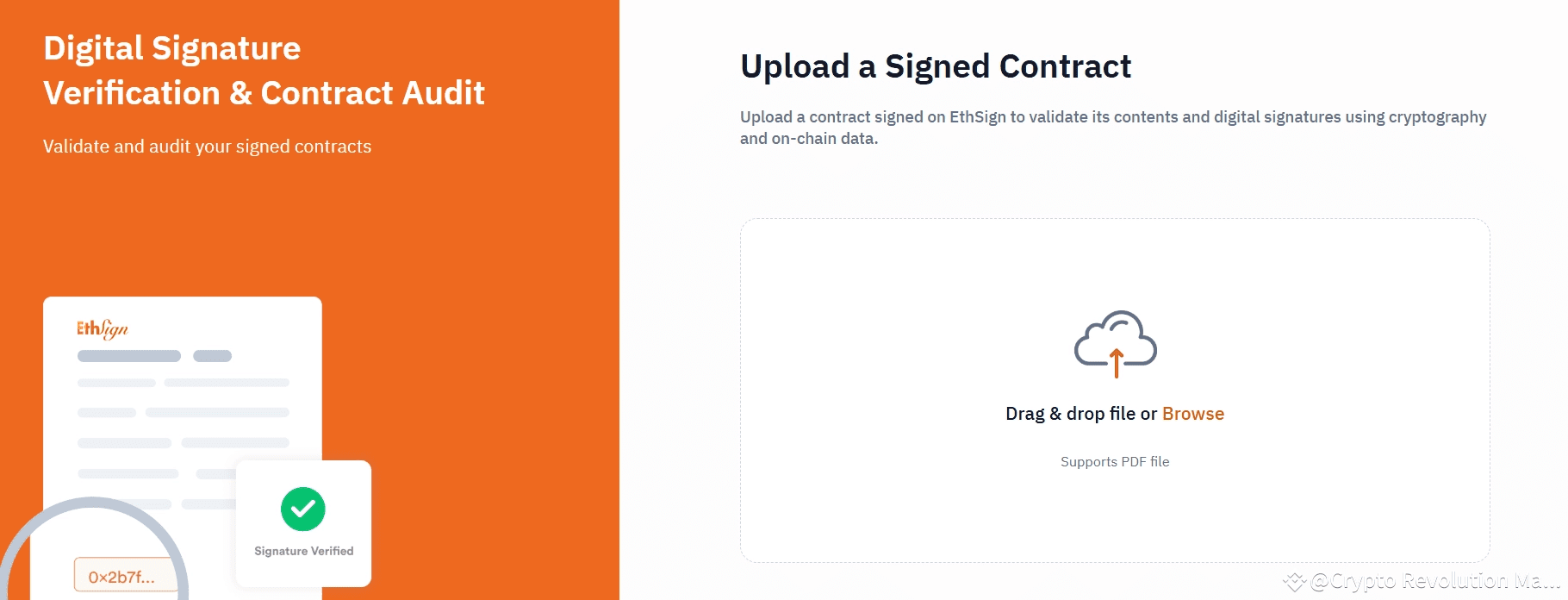What is Sign?
Sign (Sign Protocol) is an omnichain attestation protocol that allows users to flexibly verify and validate information across multiple blockchains.
In both the real world and the internet, users constantly encounter countless claims and confirmations from various entities.
Instead of relying on traditional assumptions about honesty or the authority of specific organizations, Sign Protocol creates a system where all claims can be verified in a decentralized, transparent, and secure manner.
Sign aims to build a future where information is highly accurate, minimizing reliance on trust. By integrating blockchain, modern cryptography, and an expanding ecosystem, Sign Protocol is poised to bring significant improvements across finance, governance, and data security.
The project has raised over $28 million from prominent investors such as Sequoia Capital, HashKey Capital, YZi Labs, Circle, Animoca Brands, and Shima Capital. The latest funding round of $16 million was completed on January 28.
Core team:
🔥Xin Yan – Co-founder & CEO: Before launching Sign, Xin Yan specialized in technical research and investments in Web3 infrastructure and the Ethereum ecosystem.
🔥Jack Xu – Co-founder & CTO: A blockchain lecturer at the University of Southern California.
🔥Potter Li – Co-founder: While earning a degree in computer science and applied mathematics at USC, Li was part of the founding team at Sign and interned at Morgan Stanley and Fundamental Labs.
SIGN token information
👉Token name: Sign Protocol
👉Symbol: SIGN
👉Total supply: 10,000,000,000 SIGN
👉Circulating supply at listing: 1,200,000,000 SIGN
👉Binance HODLer Airdrop rewards: 200,000,000 SIGN
Core features and technology of Sign
Sign is not a standalone blockchain but a protocol that operates across multiple blockchain networks. Its highly flexible infrastructure allows deployment on any blockchain environment without being restricted to a specific ecosystem.
Sign leverages cutting-edge technologies such as decentralized blockchain systems, secure data storage solutions, zero-knowledge cryptography, and digital signatures.
This robust foundation ensures that all attestations are reliable, transparent, and publicly verifiable without exposing sensitive information.

Sign supports Ethereum, EVM-compatible blockchains, TON, and Solana. Its scalability enables seamless integration into various ecosystems, enhancing the protocol’s applicability in real-world solutions.
One of Sign’s standout features is the Schema Registry, which facilitates standardization and expansion of attestations on blockchain. This system allows individuals and enterprises to efficiently build applications that utilize attestations.
Real-world applications of Sign
Sign can be applied in various fields, including:
Identity verification & reputation systems: Helps build decentralized reputation networks for verifying personal or organizational credentials.
Loyalty & rewards programs: Supports transparent and verifiable customer loyalty points and reward distribution.
Trust & referral networks: Establishes platforms for verifying relationships and referrals between individuals or businesses.
Governance enhancement: Integrates into decentralized governance (DAO) systems to improve transparency and efficiency in voting and decision-making.
Sign is actively developing integrations with popular applications and user experiences. The project has announced plans to release further details on upcoming integrations soon.
Key products of Sign
Sign is a decentralized identity verification platform offering omni-chain solutions for governments and enterprises. In 2024, the platform achieved $15 million in revenue, showcasing its strong market adoption.
Sign delivers a comprehensive suite of omni-chain solutions that enable bank-grade secure identity verification and token distribution across multiple blockchains, including Ethereum, Solana, TON, Move, and Arweave. The platform serves governments, enterprises, and Web3 developers, ensuring global interoperability. Sign has partnered with the governments of the UAE and Sierra Leone and is piloting its solutions in over 20 countries.
Key products
🔥Sign Protocol: An omni-chain attestation layer, with over 6 million attestations and 400,000 schema downloads.
🔥TokenTable: A smart contract tool that has distributed over $4 billion to 40 million wallets, leading adoption on TON.
🔥EthSign: The first on-chain electronic signature application, with 250,000 signed documents processed.
🔥SignPass: A government-grade identity system, deployed in three countries, with a Layer-2 testnet live in Barbados.
Key features
🔥EthSign: Bridges real-world legal agreements with decentralized identity. Users can upload documents, create signature fields, customize annotations like text fields and checkboxes, invite co-signers, track signing status, download documents, and view event histories of the entire agreement lifecycle.

🔥TokenTable: An on-chain token distribution suite designed to streamline asset ownership registration and token distribution through smart contracts.
🔥SignPass: Developed in collaboration with Sierra Leone’s Immigration Department, SignPass introduces the world’s first digital Permanent Residency (PR) program. This initiative includes:
🔥On-chain profile: A secure and immutable digital record of residency status.
🔥Physical ID integration: Links to government-issued physical IDs for comprehensive identity verification.
🔥Fully digital application system: Streamlines application and processing, reducing administrative burdens and enhancing user experience.

The partnership between Sierra Leone and Sign not only optimizes bureaucratic processes but also sets a precedent for how blockchain technology can revolutionize government services.
Roadmap
👉Q2: Launch of Sign SuperApp, integrating mobile wallet, digital identity, and token hub.
👉Q3: Government-grade deployments to go live in Barbados (mainnet) and Thailand (with grant support).
👉Q4: Launch of Sign Media Network, a community-driven Web3 news platform.
Binance HODLER Program
Unlike other earning methods that require ongoing actions, HODLer Airdrops reward users retroactively, offering a simple way to earn additional tokens. By subscribing BNB to Simple Earn products and/or On-Chain Yields, users can automatically qualify for token rewards.
Participating in the HODLer Airdrops does not affect users’ standard benefits for holding BNB, such as eligibility for Binance’s Launchpool and Megadrop events. Instead, it provides additional rewards and benefits on top of existing perks, ensuring a steady stream of passive income for BNB holders.

